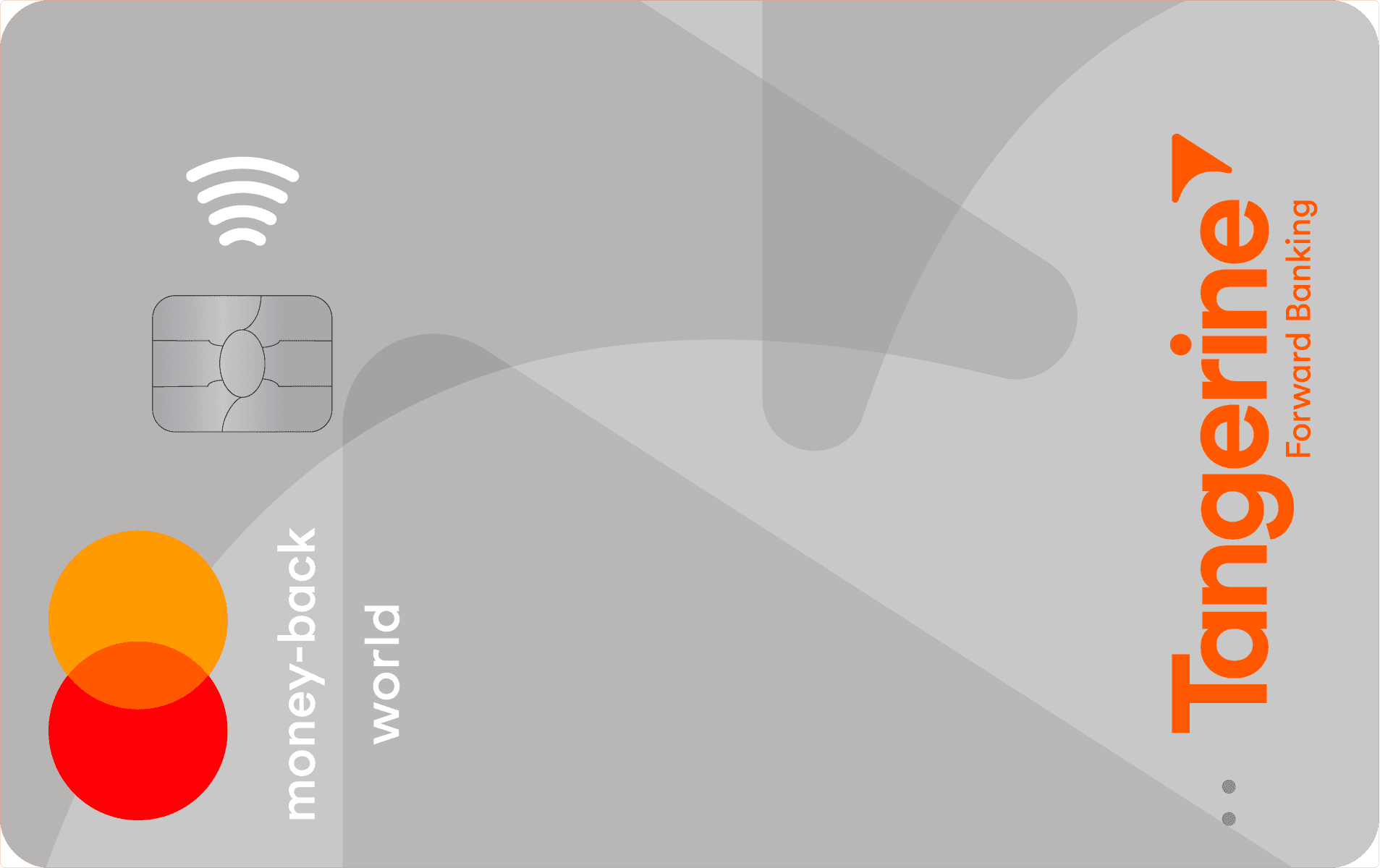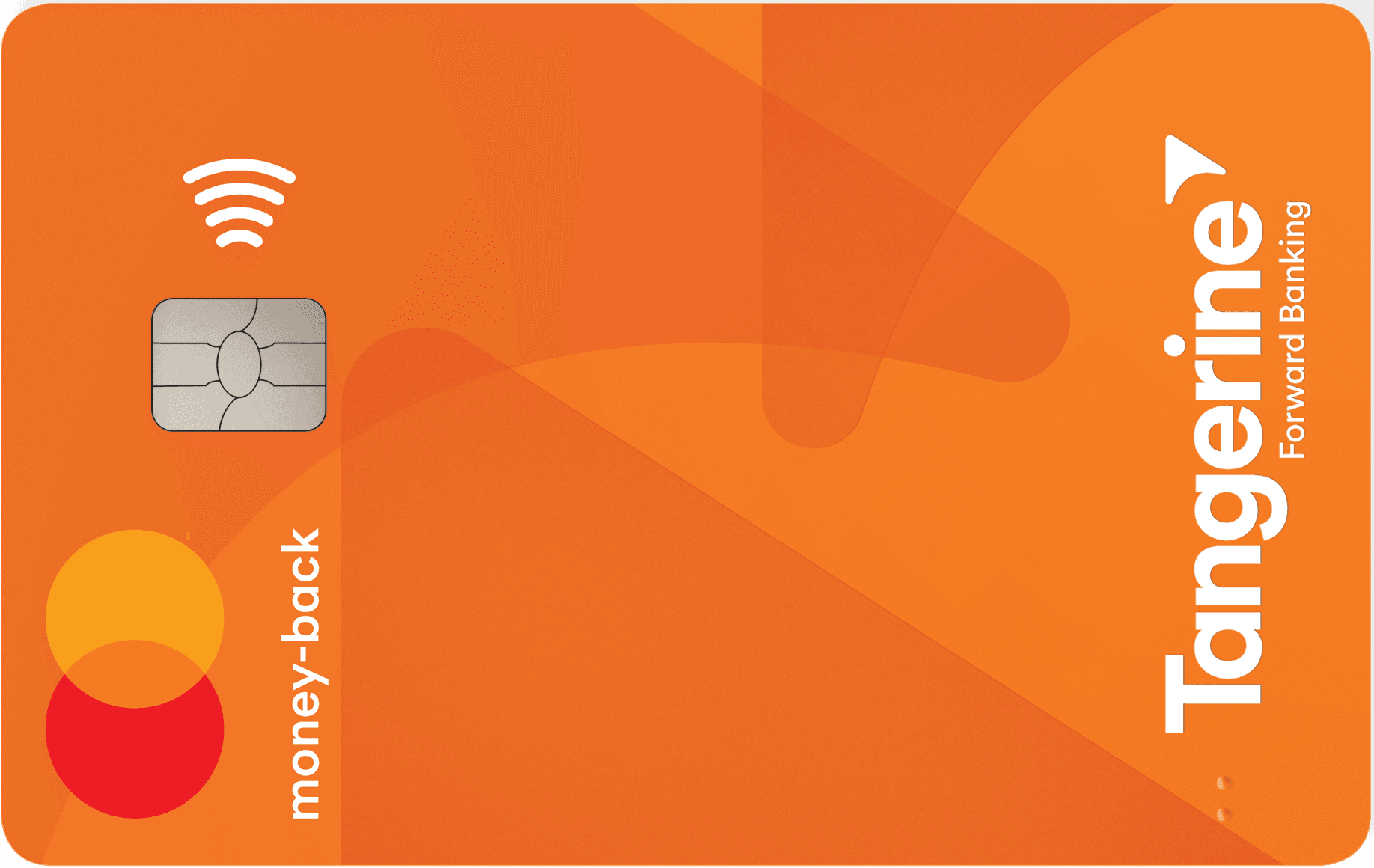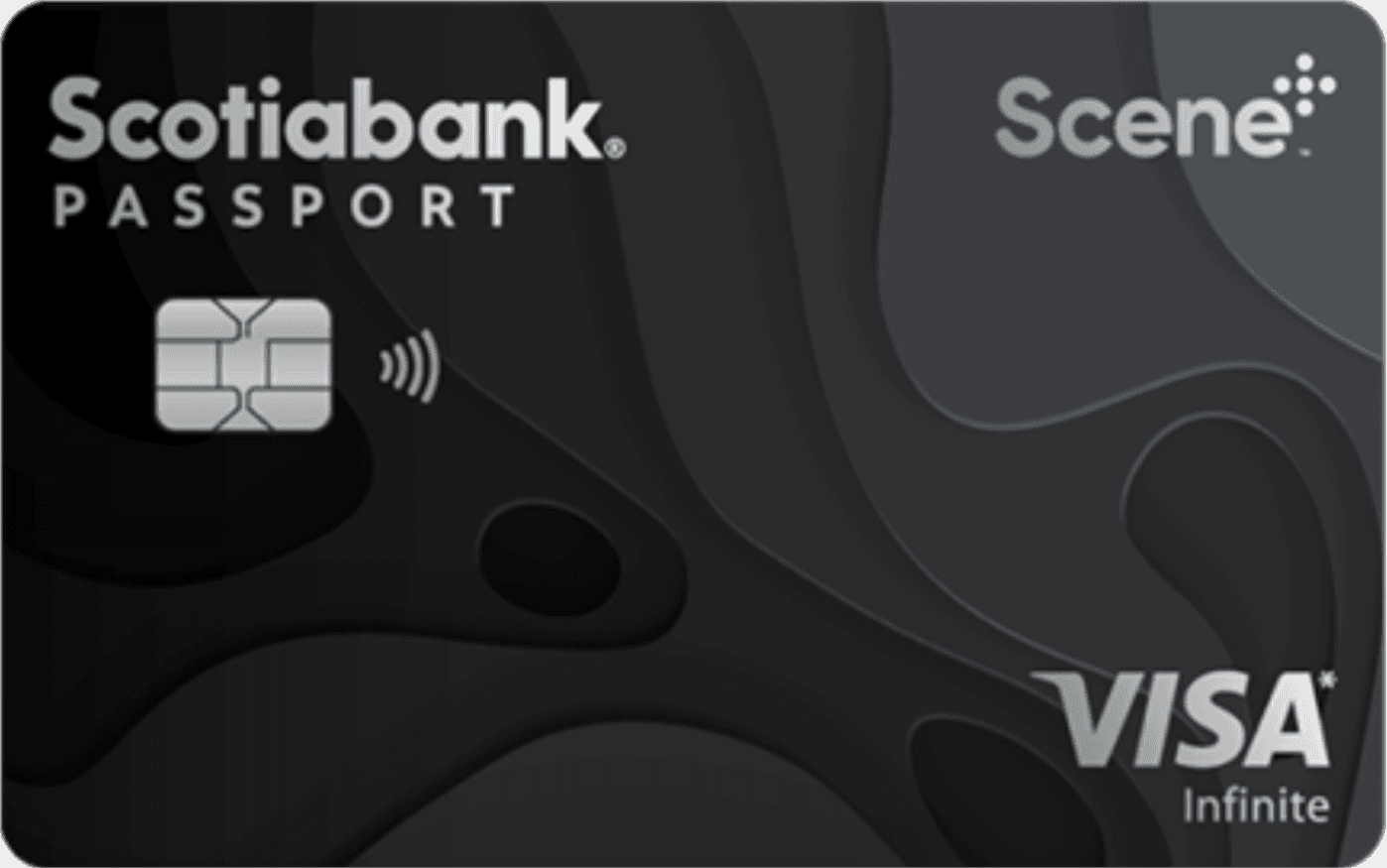Working hard in the background...
How AI Is Enhancing Fraud Protection for Canadian Cardholders
Published Dec 8, 2025 1:11 PM • 4 min read
Have you ever thought about how important artificial intelligence (AI) is in Canada’s financial sector, especially in banking? Today, many Canadian banks and credit card companies use AI to fight fraud. But how does it work? AI does more than just look for patterns. It helps detect fraud from the application stage through to its use in everyday transactions. These systems learn your usual spending habits and then keep an eye out for anything that seems out of the ordinary. For example, if your card is used in another country or for a much larger purchase than normal, AI will notice and respond right away. Since AI checks thousands of transactions every second, it helps banks detect stolen cards faster.
How AI Enhances Fraud Protection for Canadian Cardholders
Think of AI as a smart digital guard. It watches how you use your card and looks for any strange activity. If something doesn’t match your usual spending, AI sends an alert. This helps banks catch fraud before it causes damage. For instance, Mastercard says its new AI tools are twice as fast at finding compromised cards. These tools also reduce false alerts, so real purchases don’t get blocked by mistake. With AI, banks can act quickly to protect you and your money.
Why Fraud Protection Matters
Fraud happens when thieves steal your card details or pretend to be you. In Canada, fraud is growing fast. CTV News report shows fraud cases nearly doubled in the last ten years (from about 79,000 in 2012 to 150,000 in 2022). Not surprisingly, most Canadians worry about this: a Mastercard survey found 76% of Canadians are concerned that fraud could hurt their finances. AI helps address those worries by spotting fraud quickly and preventing losses to cardholders.
Read More: What is Credit Card Fraud Protection?
AI vs. Traditional Fraud Checks
In the past, banks used fixed rules to flag fraud. For example, a big foreign purchase might trigger a manual review. But smart scammers found ways around those old rules. Now, AI and machine learning add new layers of defense. Machine learning can look at millions of transactions and identify patterns of normal, safe use. Banks can now scan data in near real-time instead of waiting till the end of the day. In one case study, a large Canadian bank added AI to its rule-based system and saw big improvements: fraud was caught faster and more accurately. False alarms dropped by 20%.
Banks use various AI methods. They might train machine learning models on known fraud cases, or let AI detect unusual patterns by itself. For instance, Mastercard says its AI technology doubles the detection rate of compromised cards and cuts false positives sharply. In practice, that means the system stops more fraud early and mistaken alerts rarely inconvenience honest customers.
Everyday AI Tools That Help Protect Your Card
You might not see artificial intelligence (AI) working, but you enjoy its benefits every day. Many banks in Canada now use AI to protect your credit card. For example, if something unusual happens, you might get a text or email right away. That alert likely came from an AI system.
Moneris, one of Canada’s biggest payment processors, uses AI to watch transactions in real time and send alerts when something looks suspicious. Banks do the same. For example, RBC sends fraud alerts through the text number 722373.
AI also helps with everyday card safety. When you use your phone’s fingerprint or face unlock, you’re using biometric AI. It confirms it’s really you before allowing access. When you use Apple Pay or Google Pay, the system hides your real card number using tokenization. Your card also has a chip that creates a new code for each purchase. This makes it harder for anyone to copy your card.
Even your bank login is safer thanks to AI. It can detect when someone tries to sign in from a new device or location. If it sees a risk, it may ask for a code sent to your phone. This is called behavioral analysis. It helps block fraud by checking if the person logging in acts like you or not.
Examples from Canadian Credit Card Providers
Many Canadian banks and credit card companies now use AI to protect your money. Big card providers, including MBNA, American Express, and Visa, all rely on similar tools to detect fraud quickly.
On a larger scale, AI helps protect cards worldwide. For example, Mastercard opened a cybersecurity center in Vancouver to improve fraud protection. This means Canadian tech experts are helping strengthen digital safety for people around the world. If fraud happens in another country, the AI system can learn from it and alert banks everywhere. That is why your card stays protected even when you shop online or travel outside Canada.
Benefits of AI Fraud Protection
The main benefit is speed and accuracy. AI can process transactions instantly, whereas old systems had delays. That way, fraud is stopped quickly, often before you even know about it. Mastercard explains that with AI, banks get faster alerts so cards can be blocked and replaced before real damage happens. Another benefit is fewer false alarms. Traditional fraud filters often cancel actual transactions by mistake. Now AI learns what normal spending looks like, so your real purchases go through smoothly.
AI fraud protection helps to build trust. In a Mastercard Canada survey, an overwhelming 90% of Canadians said they trust that their credit card payments are secure. They feel safer knowing their bank uses advanced tools. AI also helps keep shopping easy: features like contactless payments or mobile wallets remain fast, but secure. You get the convenience of tap-and-go or one-click buys, with AI silently checking for trouble in the background.
What Cardholders Can Do
- Turn on alerts: Use your banking app to get instant alerts when someone uses your card. This helps you spot any strange activity right away. Make sure your phone number and email are up to date so your bank can reach you if needed.
- Use credit card security features: Most banking apps let you freeze or lock your card in seconds. If your card is lost or you see a charge you don’t recognize, use the app or website to lock your card right away.
- Keep your personal info safe: Never share your PIN, password, or card number. Your bank will never ask for these in a text, call, or email. If you get a message requesting this info, it’s a scam.
- Watch your credit: Check your credit report often and consider signing up for credit monitoring services. These tools can alert you if someone tries to open an account in your name, helping you stop identity theft early.
- Keep learning: Scams and fraud tricks are always changing. Stay alert and trust your gut. For tips, follow trusted sources, like the Competition Bureau of Canada. If you think you’ve been targeted by a scam, contact the Canadian Anti-Fraud Centre for help.
Learn More: Credit Card Scams to Avoid, Steps to Keep Your Credit Card Safe When Shopping Online
Frequently Asked Questions
AI adds smart protection to your card. It learns how you usually spend and watches for anything strange. If something looks off, it can alert your bank right away. AI checks millions of transactions quickly, helping banks find and stop fraud faster.
There are several tools. One is real-time monitoring; AI watches your card use and alerts you if something seems wrong. Another is biometric security, like using your face or fingerprint to unlock your phone. AI also helps with online safety by using digital codes (called tokens) instead of your real card number. This keeps your info safer/p0o when you pay.
AI systems are not perfect, but they don’t get things wrong as often as the old systems did. Older systems sometimes block real purchases by mistake. AI learns your habits and makes fewer errors. While not perfect, it is much better at telling the real charges from the fake ones.
Turn on alerts in your banking app to get messages if something strange happens. Use tools like card lock and fingerprint login to add more safety. Keep your contact info up to date and never share your passwords or PINs. When you use these features, AI can do a better job of protecting you without making card use harder.
Have you ever stopped to think about how inflation impacts your credit card? Inflation has been a hot topic across Canada — grocery prices are climbing, rent is going up, and everyday expenses feel heavier than ever. But here’s something many overlook: inflation can also drive up credit card interest rates.
If you carry a balance, rising rates mean more of your money goes toward interest, making it harder to get out of debt. So, how exactly are inflation and credit card debt linked in Canada?
Trending Offers

Tangerine® Money-Back World Mastercard®*

Tangerine Money-Back Mastercard

BMO Performance Chequing Account

Scotiabank Passport® Visa Infinite* Card
About the author

Faith Ogunkanmi
Editor
Faith is a seasoned finance professional with over six years of experience specializing in credit analysis, financial risk assessment, and business/personal lending. My background includes extensive w...
SEE FULL BIOAbout the reviewer

Lauren Brown
Editor
Lauren is a freelance copywriter with over a decade of experience in wealth management and financial planning. She has a Bachelor of Business Administration degree in finance and is a CFA charterholde...
SEE FULL BIO